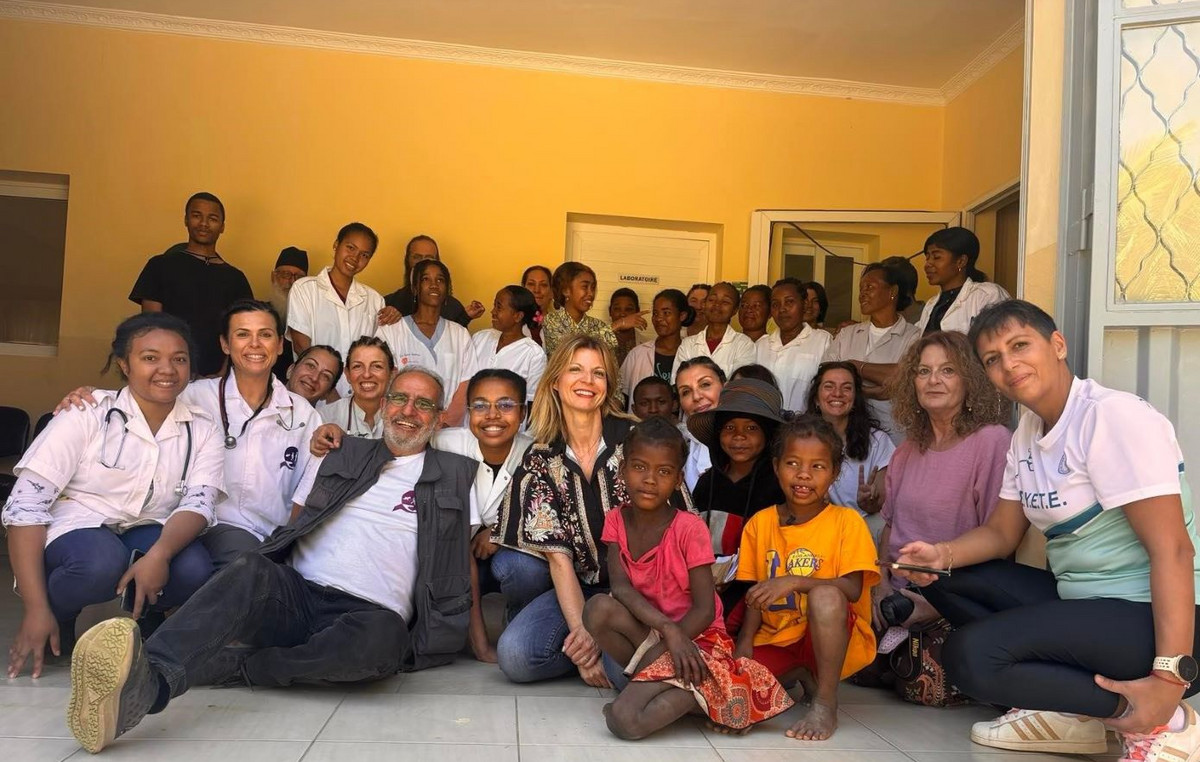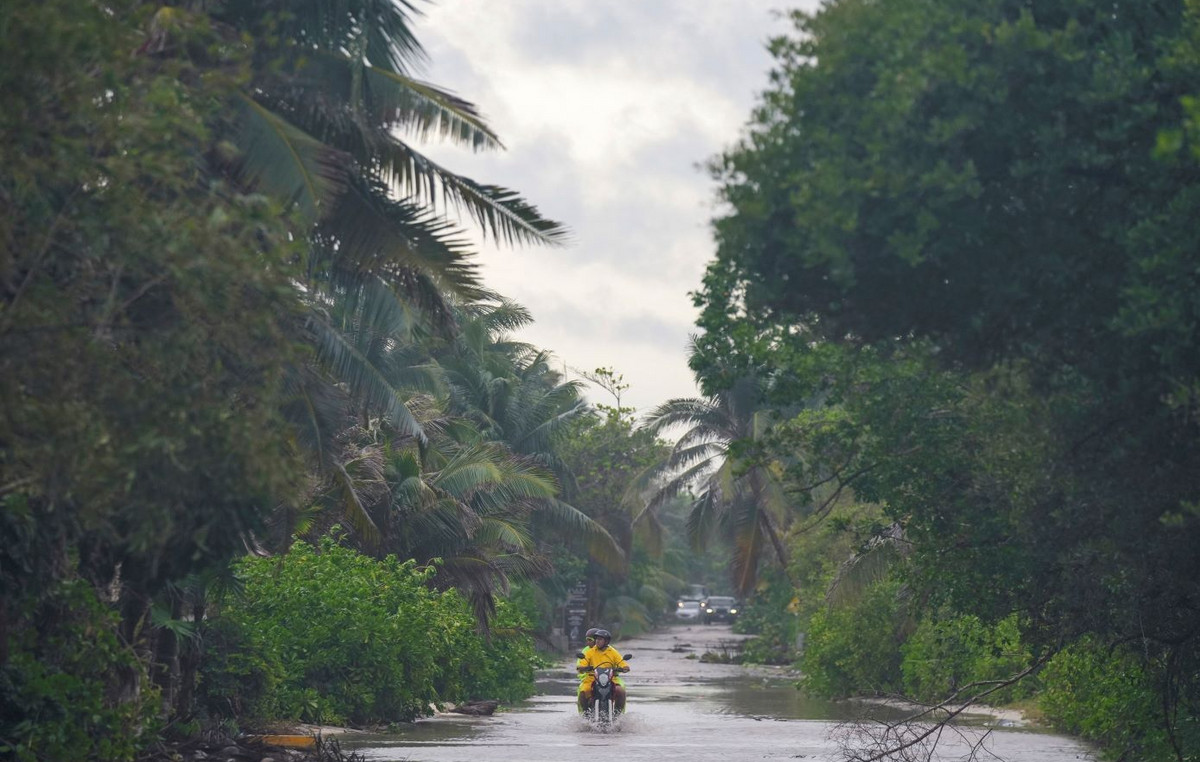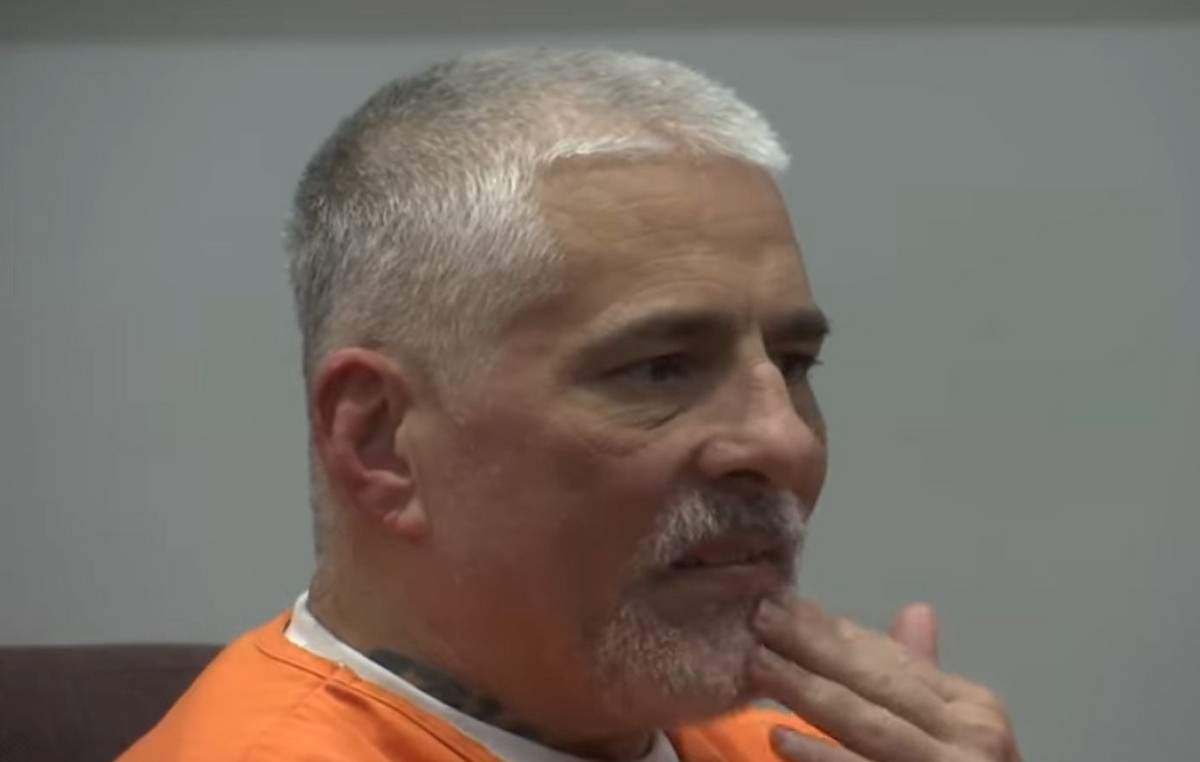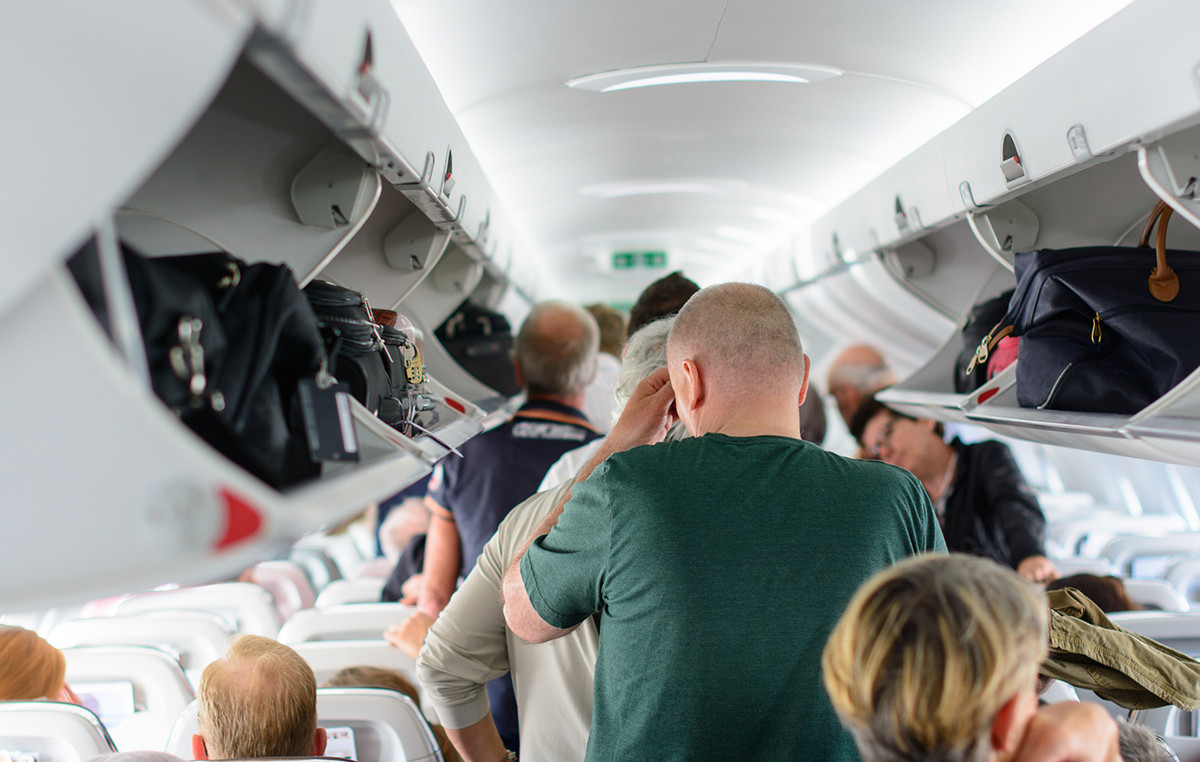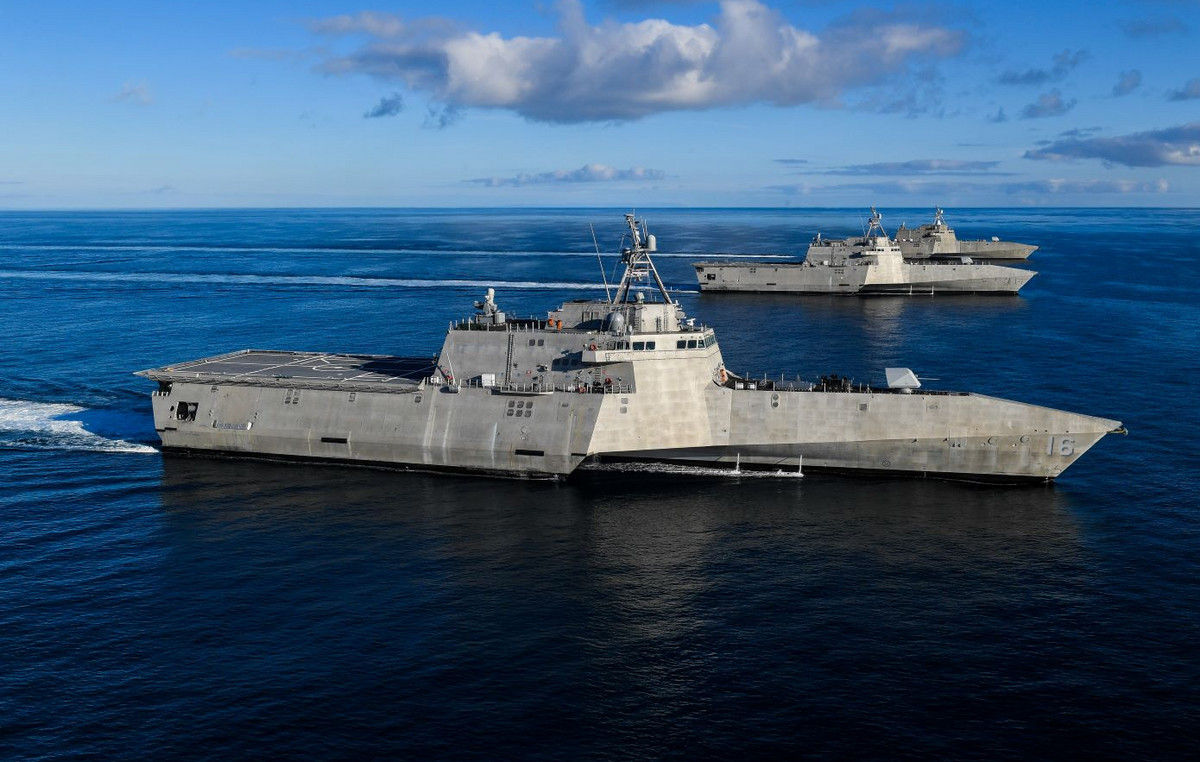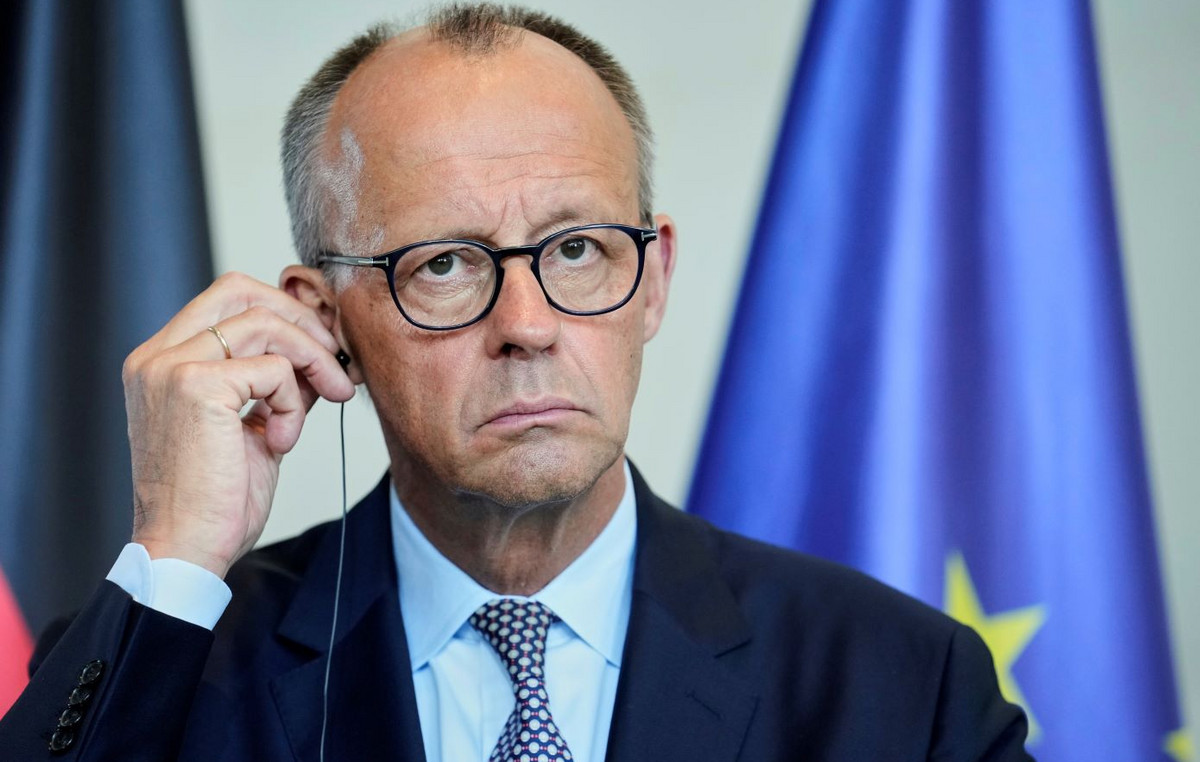Business executives, policymakers and academics are bracing for a world of criss-crossing crises, as rising volatility and depleted resilience increase the chances of simultaneous shocks.
In its annual risk survey published on Wednesday (11), the World Economic Forum found that more than 80% of respondents expected “persistent crises” or “multiple shocks” in the next two years, at best leading to “reduced trajectories”. divergent” for countries and, at worst, triggering “catastrophic results”.
Global experts have identified the cost of living crisis as the most serious near-term risk, as high food prices affect vulnerable households and increase the chances of civil unrest and protests.
“No country is immune to the social erosion caused by the lack of affordability and availability of basic needs,” said Carolina Klint, lead risk management for continental Europe at Marsh McLennan, which partnered with the World Economic Forum on the report.
Natural disasters and extreme weather events are seen as the next biggest risk, followed by economic wars, failure to mitigate climate change and societal polarization.
Environmental concerns dominate a 10-year time horizon. The top five long-term risks were identified as failure to mitigate climate change, failure to adapt to climate change, natural disasters and extreme weather events, biodiversity loss and ecosystem collapse, and massive refugee crises.
This echoes the message from the United Nations at its recent climate summit, which warned that nations are still a long way from limiting global warming below the crucial threshold of 1.5 degrees Celsius, said John Scott, head of sustainability risk at Zurich Insurance Group. , another partner of the World Economic Forum.
“It looks like we’re headed for a much slower and messier climate transition,” Scott said, noting that the war in Ukraine has led leaders to prioritize access to fossil fuels over “what’s scientifically necessary.”
The survey, which comes ahead of the annual meeting of the World Economic Forum in Davos, Switzerland, which begins on Monday (16), is based on responses from more than 1,200 academic experts, and in areas such as business, government and civil society.
Klint said companies are starting to spend more to protect against compounding and interconnected risks that could be costly in the future. But making predictions in the era of “polycrisis” is a difficult exercise.
The World Economic Forum’s 2022 survey placed “interstate conflict” at the bottom of a list of risks that have worsened since the start of the pandemic. Weeks later, Russia launched its full-scale invasion of Ukraine.
Source: CNN Brasil
A journalist with over 7 years of experience in the news industry, currently working at World Stock Market as an author for the Entertainment section and also contributing to the Economics or finance section on a part-time basis. Has a passion for Entertainment and fashion topics, and has put in a lot of research and effort to provide accurate information to readers.

